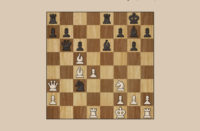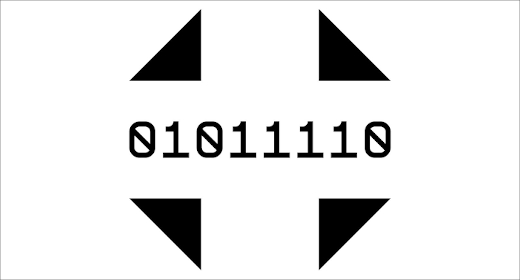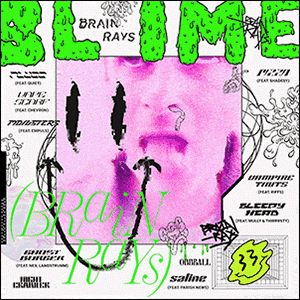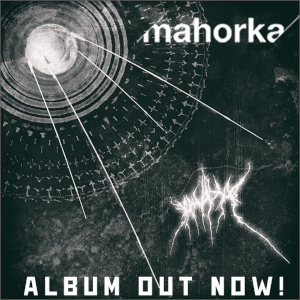Proswell uses so few tools to create his work – chiptunes or similar sounding synths, deceptively simple rhythms, and an assortment of moody pads, yet the work evokes so many different feelings from track to track: vague fear, brooding isolation, sunny rapture, pensive head-nodding, and fond remembrance of childhood (but not that kind.)

Let’s face it. Chiptunes’ position in pop music sucks. Now that they’ve been taken up into the giant Katamari Damacy ball of nostalgia pop culture has been gleefully rolling for the last few years or so, they’re often used as shameless bait for vapid music. (Some even have the gall to make them the first thing you hear.) Unfortunately, chiptunes’ pop moment came at a time in which a single aspect of their sound (the flicker of recognition and involuntary, fond recollection the sounds themselves bring) was exploited at the expense of what makes chiptunes actually interesting to listen to – the texture.
Contemporary chiptune artists are also guilty of this, but they’re excused either because the nostalgia is a consequence of making music with old chips (Nullsleep and countless others) or it’s obvious and sort of the point (Alex Mauer or other artists making music for imagined video games). But Proswell’s debut, Konami, falls into neither category, despite its suggestive title. It achieves a rare feat – immensely efficacious use of chiptunes taken entirely out of any nostalgic context. No cloying throwbacks – just pure feeling, spread across a startlingly wide spectrum of emotion.
The opener, “Hip Kids Rack Fives,” is a good example. Low tones lead off like strings vibrating at the very bottom of a grand piano’s register. A subtly propulsive beat kicks in, followed by a line of lazily descending notes, evoking a relaxed, peaceful languor. The motif ferments gradually as the beat shifts underneath, and the song eventually ends in a placid wash of reverb and echo.
Let’s take another: the gorgeous “0EO.” Forty-five seconds in, the song drops into one of the most wonderful moments on the album, with a soft, sudden wall of quivering, underwater pads that sound like shivers down a spine. Sure, these are chip sounds, but there’s no sneaky agenda – they just happen to be the perfect medium for attaining the song’s warm rapture.
As you can probably predict, the timbres and textures across the other 20 sketches are expertly chosen, and often approach perfection. Between the sunny torpor of “Hello My Future,” the tunneling ambience of “June Seventh,” and the jittery groove of “June Second (A),” to name a few, it’s hard to imagine so many strangely evocative pieces coming from one mind. (Comparisons to Ilkae’s Pistachio Island aren’t entirely unwarranted.)
Another reason why this emotional variegation is so compelling is the singularity of Proswell’s vision and style. Proswell uses so few tools to create his work – chiptunes or similar sounding synths, deceptively simple rhythms, and an assortment of moody pads, yet the work evokes so many different feelings from track to track: vague fear, brooding isolation, sunny rapture, pensive head-nodding, and fond remembrance of childhood (but not that kind.) And though Proswell tried to accomplish the same on later albums with diminishing returns, Konami is still a testament to Proswell’s creative power, and stands out as an early gem in Merck’s brilliant catalog, may it rest in peace.
Konami is out now on Merck (2002) and was remastered in 2009 on Eerik Inpuj Sound.

















